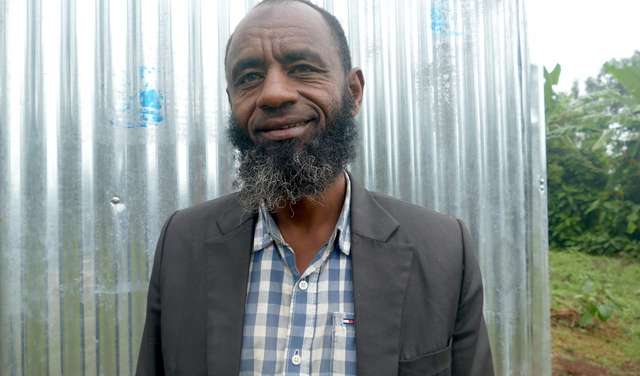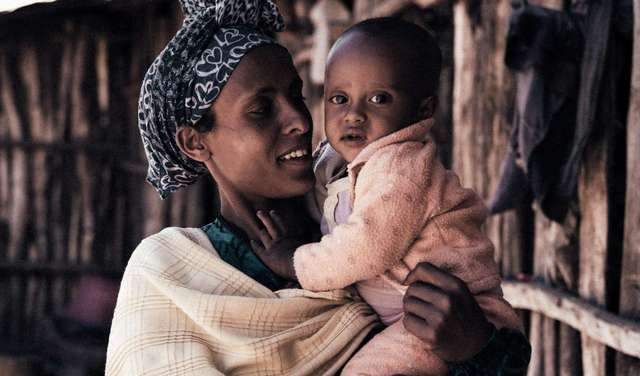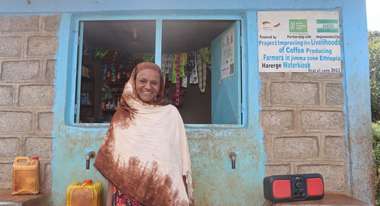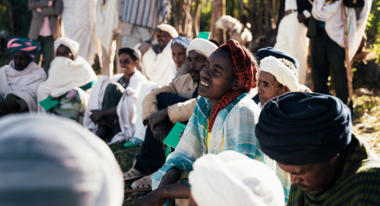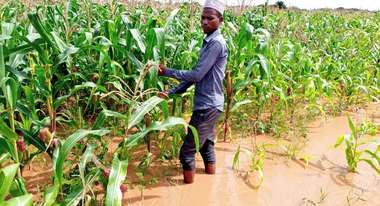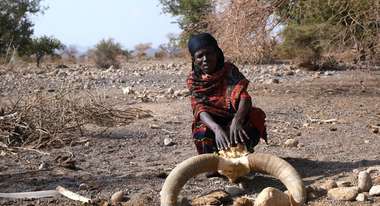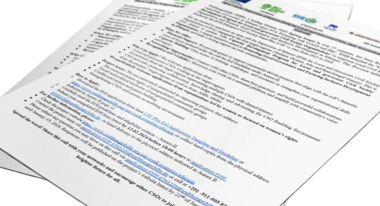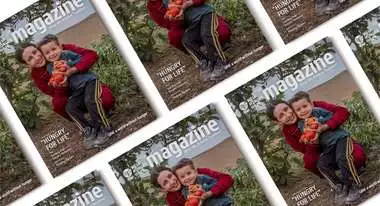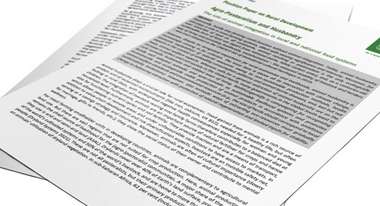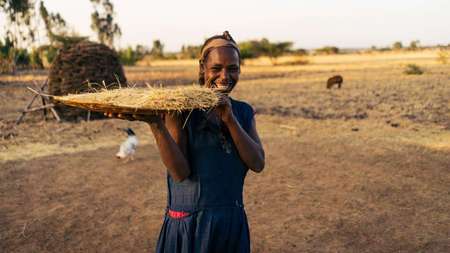
Ethiopia
38 current projects
10.1 m. € funding in 2022
1,242,000 people reached in 2022
Ethiopia is threatened by droughts time and time again. The famine of 1984/1985, which claimed almost one million lives, is still emblematic of humanitarian disasters today. The country is regularly hit by severe droughts, and the dry seasons lead to crop failures and livestock deaths – one cause of the increasing weather extremes is climate change. Since the end of 2020, an armed conflict has in the Tigray region between the Ethiopian army and the so-called People's Liberation Front (TPLF) claimed thousands of lives. A peace agreement was signed in November 2022, but several million people in the region are still suffering from hunger.
Donate All Countries




